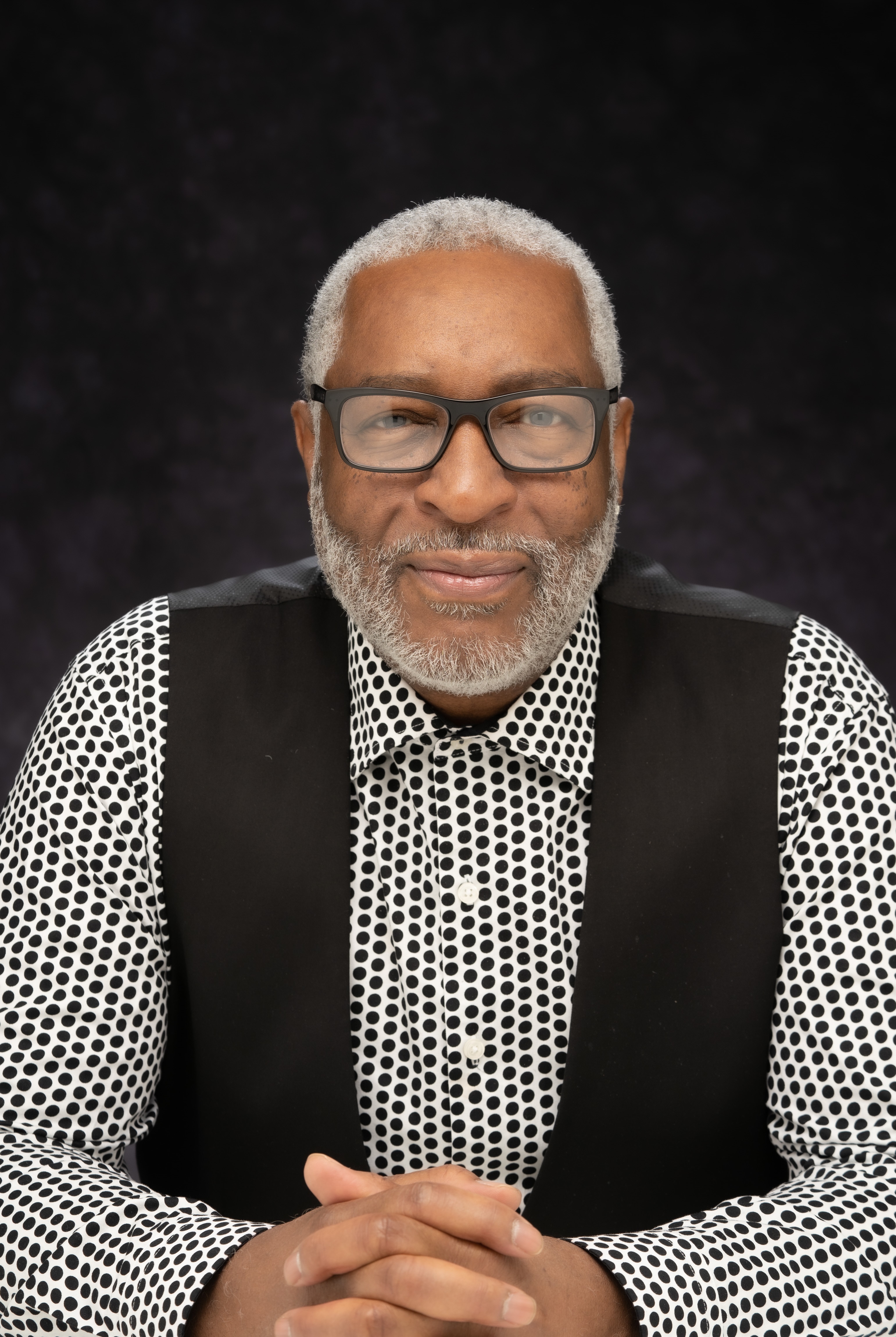Speak to Me
But Moses pleaded with the Lord, “O Lord, I’m not very good with words. I never have been, and I’m not now, even though you have spoken to me. I get tongue-tied, and my words get tangled.” -Exodus 4:10 (NLT)
In September of 1939, King George VI of Great Britain was obliged to give the first major radio address of his career. The existential future of Great Britain would be largely determined by the words he spoke. But despite a stammering problem that plagued him from a young age, King George was able to convey the resolute resistance that inspired his nation to defy the threat of Nazism.
In John Lewis’ first run for the U.S. Congress, many voters acknowledged that his opponent was much more articulate than John Lewis himself. But despite whatever he lacked in oratorical prowess, John Lewis won the majority vote because according to his supporters, John Lewis’ consistent courageous commitment to justice spoke volumes.
The great Old Testament Lawgiver, Moses, was also a stutterer. He was so self-conscious of it that he pleaded with God repeatedly to send someone else into Egypt to deliver God’s liberation mandate to the Pharaoh. But even more pronounced than the now famous words, “Let my people go” was the unyielding faith and the prayerful persistence personified in Moses.
And Harriette Tubman, the Black Moses inspired by Moses, is not much revered today for the majesty of her rhetoric, but for the audacity with which she stood up against racism and sexism in the bowels of the Confederacy.
Words are powerful symbols, but words that are never translated into concrete action ring hollow. In the beginning was the Word, and the Word was with God, and the Word was God. But if that Word had never become flesh, our story of salvation would never have been realized.
Prayer
“Preach the gospel at all times and if necessary, use words.” – Francis of Assisi
 About the Author
About the AuthorKenneth L. Samuel is Pastor of Victory for the World Church, Decatur, Georgia.